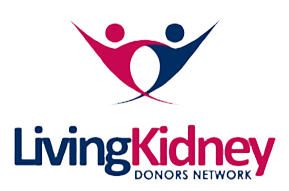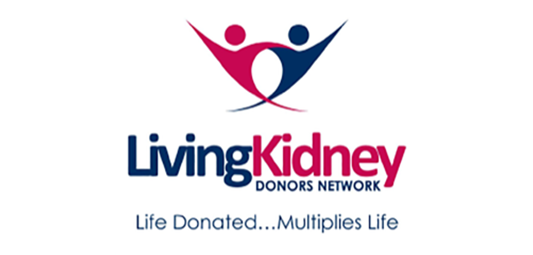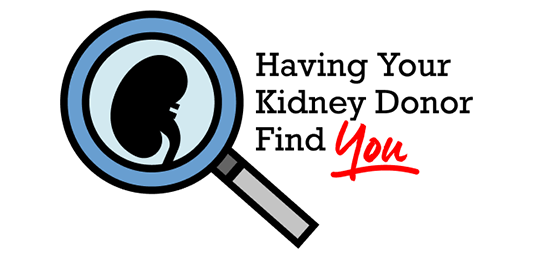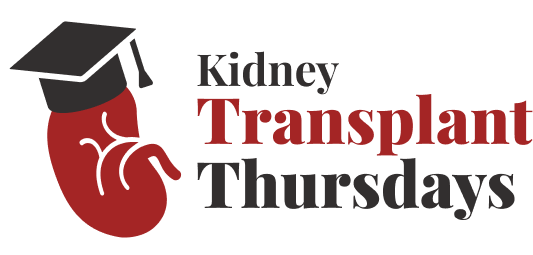FAQs
Who Can Donate?
Donors are often a close relative such as a parent, brother or sister, son or daughter but may also be individuals who are not related such as a partner or friend. Social media has opened up a new opportunity where many digital friends have stepped up to donate.
When a donor and recipient aren’t compatible, (which is happening with more than 30% of donors,) the donor and recipient can participate in a paired exchange. To learn more about paired exchanges, click here.
How will I know if I am suitable to donate?
You will have a thorough medical, surgical and psychological assessment to establish that you are fit and healthy to donate. A number of people who wish to donate find that they are not able to do so because health problems are discovered through the assessment process. Someone’s disappointment of not being able to donate can be lessened by sharing the story of the person they wanted to help. When doing so, they can say that “they wanted to donated but have a medical condition that doesn’t allow them to proceed.”
Do I need to be related to the person who may receive the kidney?
While it is common to have a family member donate, being related is not a requirement to be a kidney donor.
Are there any risks to the donor?
All operations carry some risk and this is no different for living donation. Donors typically stay in the hospital for 1 – 3 days and will likely need pain medications for a short period of time. The transplant center has a separate medical team that cares for the donor and they will review all the risks associated with being a kidney donor.
Are there any long-term risks?
There is a small possibility of a rise in blood pressure. However, studies have shown that there are no significant long-term effects on the health of the donor. When polled, 95% of kidney donors say they would donate again.
Will I have to change my lifestyle after donating?
There is no specific reason why you should not be able to lead a normal healthy life as before.
Will donating my kidney affect my ability to have children?
Many women go on to give birth after they’ve donated a kidney. If you plan on having children you should discuss this with the transplant team.
Will I be covered by my health insurance?
Every transplant center accepts Medicare. If you have private insurance you should check with your provider to confirm which transplant centers they cover.
What if I live in a different part of the country from the person I am donating to?
You can still donate. The transplant team can arrange for your donor assessment to take place at a hospital near you if that is more convenient. Usually the donation will take place in the hospital where the person you are donating to is cared for. However, different arrangements can be made depending upon individual circumstances. In situations where the recipient and donor live in different cities, it is possible that the kidney can be shipped and the donor stays in their home city.
How long does the donor assessment process take?
This varies. You should check with your hospital. In general, this will take at two to six months. There is variation depending upon where you live and what tests you may require. Wherever possible, the assessment is tailored to your needs and commitments.
How much time will I need to take off work?
Most transplant centers will try to arrange the tests before the operation around your work schedule to minimize disruption to your job. It is sometimes possible to arrange for some of this to be done locally if the donor lives a long way from the transplant center. The operation and recovery period vary depending on surgery, your individual recovery and the type of work you will be resuming. Many people that have a desk job are back to work in two or three weeks. If your job is physically demanding, you might need six weeks or more to resume all your prior activities.
How long will I be in hospital?
This varies depending on your individual recovery. Many donors only spend one day in the hospital. It is not uncommon for someone to have to spend 1 to 3 days in the hospital to recover.
Will I need to take any medication after donating?
It is likely that you will need to take some painkillers immediately after the operation and during the recovery period. However, you should not need any long-term medication as a result of kidney donation.
What about follow-up?
You would usually be seen by the transplant team between two and six weeks after donation. Every transplant center is now required to do a follow up with kidney donors, 6 months, one year and two years after the transplant.
Do some donors have trouble making the decision?
Some people make the decision easily. Others go through some soul searching before deciding. Being afraid of donating a kidney or feeling guilty about not wanting to donate is quite normal. The only “right” decision is the one that makes you, the potential donor, feel comfortable. Finding out more information about living donation and what it involves may help you with this decision. Every transplant center has a social worker for the donor.
Can I speak to somebody who has donated?
Your coordinator at your local transplant center should be able to arrange this for you. Also, Living Kidney Donors Network refers many donors to those who have previously donated. There’s also an organization that supports those who want to donate. National Kidney Donor Organization. www.NKDO.org
What if I decide that being a donor isn’t for me?
You have the right to withdraw your interest in being a donor at any time and you would be supported in your decision by the transplant team.
© Living Kidney Donors Network | A Nonprofit 501(c)3 Organization | Contact Us



